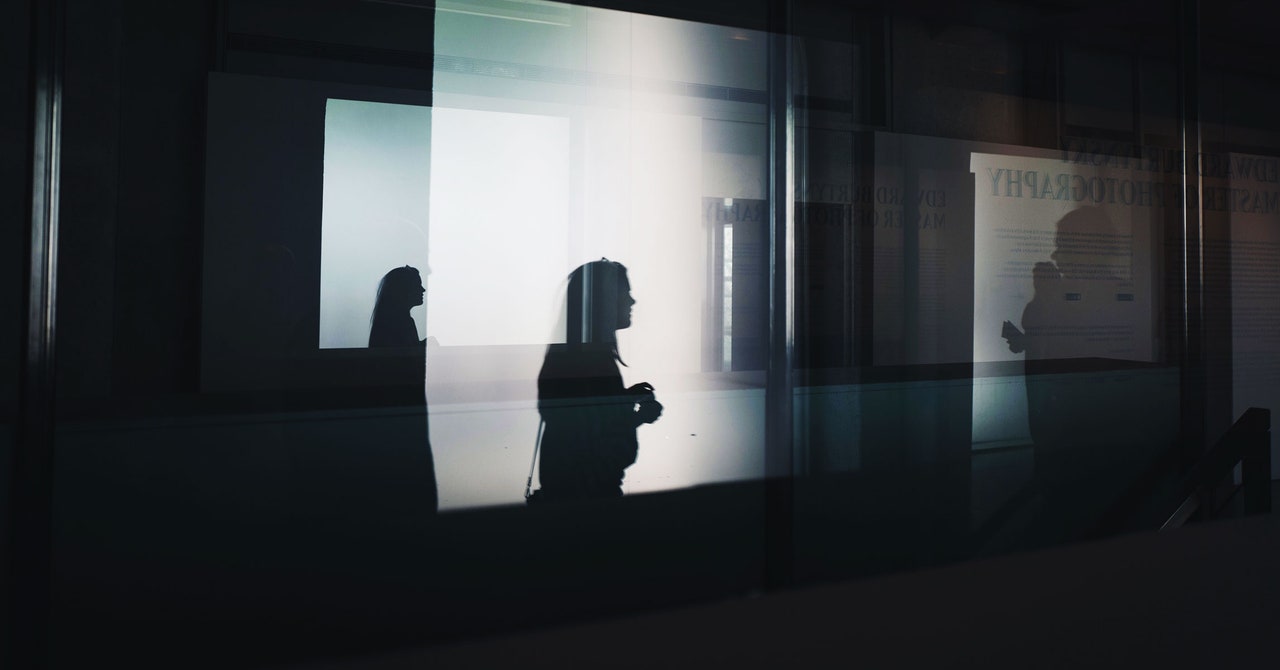
But that changed when you were helping a friend work through a challenge …
I was like, “Just think of graph theory.” And she was like, “What do you mean graph theory?” Like, really confused. Well, graph theory, obviously! I presumed she knew what I meant. From that point, I realized not everyone knows everything that I know, and that maybe I had an edge and could actually help people. I was looking for a book that needed to be written, and now I’ve written it, which is great.
You write, “Where humans are ambiguous, often contradictory and hard to understand, science is trustworthy and clear. It doesn’t lie to you …” But science is a human endeavor. Doesn’t that make it as fallible as the people who have created it?
Yes, that is actually the case! At first, I found it quite worrying, like, “Oh, my God, the infrastructure that was so consistent [to me] before is now actually as confused as the rest of us.” But the whole point of the scientific process isn’t just to be storage machines; it is the ability to use our instincts to know when to take the leap and question, and to also have the patience to troubleshoot. Through working at it, questioning it, and realizing an inconsistency to the process, I realized [science] is beautiful in its uncertainty. It’s not just logic, it’s also a very instinctive endeavor.
To the point of uncertainty, you explain that we can’t optimize our lives unless we “study and understand the noise, errors, and deviations from the mean.” Are you saying to err is scientific?
Completely. A lot of people think to be the perfect scientist, you need to not get things wrong, but “wrong” is a bit of an elusive concept. Wrong in one context is actually right in another. Like, when it comes to evolution, what is the right way to fertilize an egg to develop into an embryo? Evolution isn’t perfection. It’s an adaptive process where many different ways of doing things can evolve. Science isn’t perfectionist.
So let’s take a specific example of how science has informed and shifted your behavior. You argue machine learning can help us parse information and make better decisions. How so?
Growing up neurodiverse, you hold on to fixed categories come hell or high water because you need that sense of security. But I realized that this was a very unsustainable and inflexible way of working—to be what I call “box-based.”
What in the machine learning context would be known as supervised learning where, you explain, “you have a specific outcome in mind and you program the algorithm to achieve it.”
Yes. Over time, I learned I needed to be more flexible so I could enjoy my life. For that, machine learning [offers] another discrete process called unsupervised learning, which is specifically looking at the data around you and, from that, clustering accordingly. You don’t try and cluster the data to your preset conditions. You look around, sort out what you have, and, from that, ask “what are the best options?”


